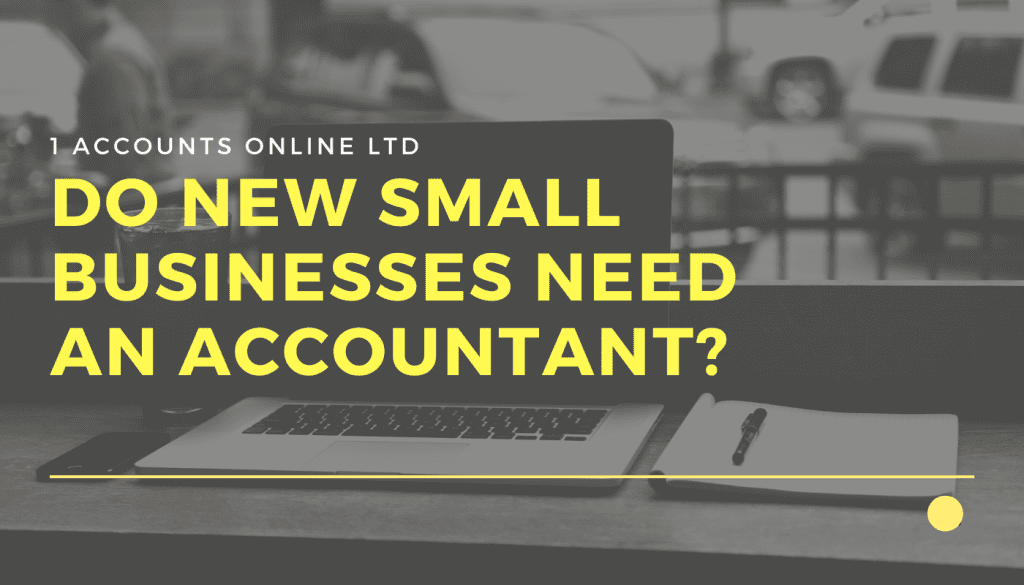
Have you heard your accountant talking about your confirmation statement and been puzzled by what it is? Are you wondering…

Have you heard your accountant talking about your confirmation statement and been puzzled by what it is? Are you wondering…

Are you feeling burned out from the chronic stress that has been our lives over the past year? Perhaps you…

Imagine yourself when you are in the zone. For example, when are you most confident about what you are doing,…

How you handle a client enquiry can determine whether that prospect converts into a lead or whether they go elsewhere….

Do you publish new content on your website regularly? If you don’t, you should be. Blogging is an integral part…

“Gravitas” was one of the ancient Roman virtues that denoted “seriousness,” but nowadays it’s a quality that also extends to…

Just thinking about how much the government has forked out during the COVID-19 crisis is scary; never mind hearing the…

I don’t know about you, but Covid has me all out of whack. In the past, I’ve had a clear…

According to business start-up statistics in the UK, 20% of businesses fail in their first year and around 60% will…

When asked “What does an accountant do?” many people answer with accounts, tax or compliance work. While that’s true, what…